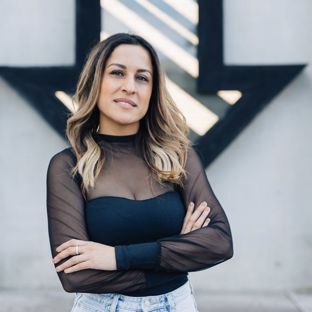Writers, musicians, sportspeople, artists, refugees and activists celebrate the resilience, art and creativity of Afghanistan.
Haunting images from Kabul Airport filled Western television screens following the 2021 Taliban takeover of Afghanistan, drawing into sharp relief the devastation caused by decades of conflict and the West’s failure of accountability. The Twenty Years project is a coalition of contemporary artists and journalists that aims to centre the voices and stories of Afghanistan, and to reflect on and respond to the legacy of the longest war in US and Australian history. At this event, you’ll hear from writers, musicians, sportspeople, artists, refugees and activists in a celebration of the resilience, joy and creativity of Afghanistan. Photographer Barat Ali Batoor and soccer player Fatima Yousufi will speak with Diana Sayed, CEO of the Australian Muslim Women’s Centre for Human Rights, about their experiences both here and in Afghanistan. Batoor uses photography to draw attention to the plight of Afghanistan and its people, while Fatima is a member of the Afghanistan’s national women’s soccer team and evacuated from the country following the Taliban takeover. There will also be a screening of the short film 20 Years: The Words that Shaped the War in Afghanistan and an opening address by co-creator of the Twenty Years Project Antony Loewenstein. The evening will conclude with a performance of music and song by Taqi Khan. This is a rare opportunity to experience a multidisciplinary showcase celebrating Afghanistan’s creativity and passion, without intervention.
Photograph by Barat Ali Batoor.
Supported by RMIT Culture
Featuring

Fatima Yousufi
Fatima Yousufi is a 20-year old athlete who has been playing soccer for Afghanistan’s women’s national team since 2017. Fatima has also been on the women’s youth and grassroots panel at the Afghanistan Football Federation since 2020 ...

Barat Ali Batoor
Barat Ali Batoor is a multi award-winning photographer and filmmaker. Batoor started photography in 2002 and launched his first solo exhibition in 2007. His photographs were exhibited across the world including the U.S. ...

Taqi Khan
My name is Taqi Khan and I am from Afghanistan. I belong to the persecuted Hazara ethnic group, who have resided in today's Afghanistan for over 2000 years. Hazaras have faced genocides and mass killings since the late 1800s ...

Antony Loewenstein
Antony Loewenstein is an independent journalist, best-selling author, filmmaker and co-founder of Declassified Australia. He's written for The Guardian, The New York Times, The New York Review of Books ...

Diana Sayed
Diana is the Chief Executive Officer (CEO) of the Australian Muslim Women’s Centre for Human Rights. She joined the organisation in October 2019 as an international human rights lawyer with experience working in both ...
